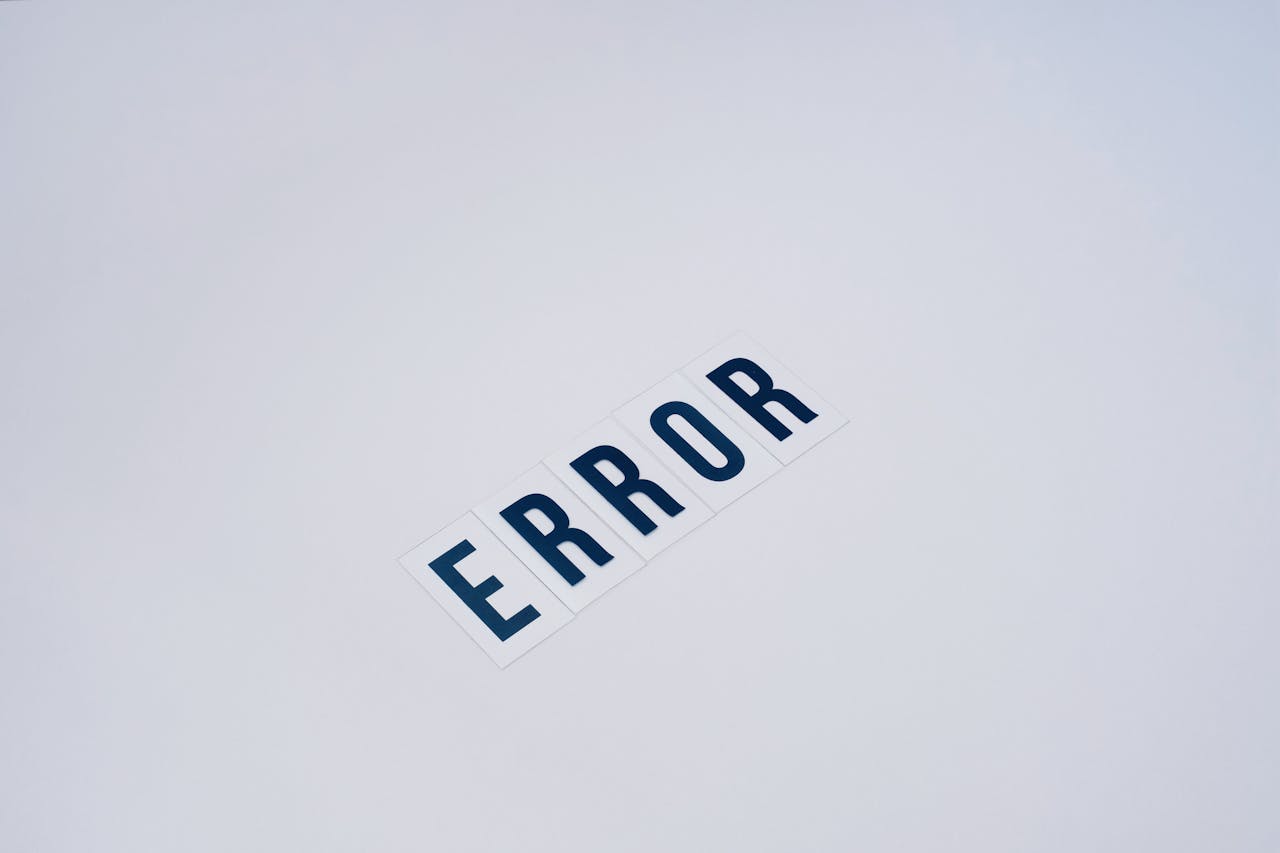Can a single mistake in a background check put your company at risk? Hiring delays, stalled projects, and compliance problems often begin with one incorrect report. When inaccurate information slips into your screening process, it can expose your business to liability and damage internal safety standards.
Background check errors are more common than many employers realize. Misidentification, outdated records, and weak screening practices can produce false results that block qualified candidates or miss serious risks. These problems often come from data gaps or weak reporting systems used by third-party screening vendors.
When screening mistakes go unchecked, they lead to operational failures and legal exposure. Employers may face negligent hiring claims, regulatory fines, and workplace safety risks. This article explains how errors begin, the most common types, Washington-specific causes, prevention strategies, correction steps, and how a Seattle private investigator supports employers with professional investigative guidance.

How Background Check Errors Begin
Public Records
Background check errors often start at the county court level, where record updates are delayed. When case outcomes are not uploaded on time, screenings may show unresolved charges that were actually dismissed long ago. These delays, combined with manual entry mistakes, cause false criminal records that follow a candidate from job to job.
Private Databases
Nationwide data brokers often store old bulk records that are never fully updated. Duplicate files are spread across states without linking back to the original source. Automated matching systems then connect the wrong identity, which causes false associations in Washington background check reports.
Verifications
Verification errors also occur when education or employment records are restricted by policy or privacy laws. If schools refuse to confirm graduation or employers decline to verify job history, screening companies may fill gaps with assumptions. Licensing databases may also be outdated, especially in regulated industries such as healthcare or financial services, leading to incorrect results.
Types of Background Check Errors
Identity Mistakes
Identity errors occur when records are linked to the wrong individual. Confusion caused by similar names or shared birthdates can produce false criminal entries. Missing aliases or former names also limit accurate searches and prevent reporting systems from retrieving correct results.
Outdated Case Information
Many screening problems come from outdated court records. Expunged or sealed cases sometimes still appear in reports even though they should no longer be disclosed. Dismissed charges may show as pending, and old records are often duplicated or combined with unrelated case files during automated database searches.
Reporting Errors
Reporting errors happen when legal events are misclassified by screening vendors. Arrests may be reported as convictions, which unfairly exaggerates a candidate’s criminal history. Errors in charge levels, case outcomes, or court jurisdictions also reduce report accuracy and create unnecessary liability for employers.

Why Errors Happen in Washington
Limited Identifiers
Washington court records often lack full identifying information, such as Social Security numbers. Most files rely only on a name and year of birth, which leads to identity mix-ups when multiple people share similar information. As a result, confirming whether a record belongs to a candidate often requires manual verification.
County Reporting Differences
Record accuracy also depends on how quickly county courts process updates. Courts in King, Pierce, Snohomish, and Spokane counties do not report at the same speed, which causes delays and inconsistent results. When hiring deadlines are tight, employers may receive incomplete or outdated reports that misrepresent a candidate’s history.
Regulated Industry Pressure
High-demand industries face additional challenges when correcting screening errors. Healthcare providers and school systems must hire quickly to meet staffing needs, while banks, transportation companies, and property managers must meet strict compliance rules. Under tight timelines, teams may rely on flawed reports before errors are caught and corrected.
Operational Failures and Business Risks
Process Breakdown
Screening errors often begin before the report is even ordered. Some businesses do not collect structured ID information during applications. Missing alias names and address history also limit search accuracy and force companies to rely on instant online checks that are incomplete.
Vendor Errors
Many low-cost screening services search only bulk databases without reviewing official records. These vendors do not conduct a manual review before sending reports. As a result, employers receive false positives and false negatives that slow hiring and increase risk.
Compliance Exposure
Improper screening procedures can lead to federal violations. FCRA rules require a strict adverse action process before denying employment. When businesses ignore this step, they risk negligent hiring claims and discrimination allegations.
Business Impact
Screening errors reduce hiring speed and slow down business growth. Delays hurt teams that depend on fast onboarding for essential roles. In some cases, employers turn to a Seattle private investigator to review disputed records and protect their business reputation.

Preventing Background Check Errors
Better Identity Screening
Incomplete personal data is the leading cause of mismatched criminal records. Accurate identity collection prevents false associations and mixed files.
- Collect full legal name, aliases, maiden names, and prior addresses
- Validate government-issued ID during screening
- Use an SSN trace (where legally allowed) to detect alternate name histories
These steps reduce identity confusion before searches begin.
Reliable Screening Methods
Many reporting errors come from overreliance on national database searches that are not updated in real time. Stronger search methods produce verified and defensible results.
- Verify every criminal record directly at the county court level
- Confirm final case dispositions instead of reporting arrests alone
- Use jurisdiction-based search expansion when candidates moved frequently
Accurate sourcing ensures reports meet legal and compliance standards.
Vendor Oversight
Screening vendors must be managed like a regulated business partner, not a simple service provider. Ongoing oversight prevents repeated errors and liability.
- Set measurable accuracy requirements and reporting KPIs
- Require primary source verification for criminal records
- Audit vendor performance each quarter to detect recurring issues
Consistent oversight protects compliance and prevents costly hiring delays.
Conclusion
Background check errors are common in Washington, but they are preventable with a structured review and correction process. Most issues begin with weak data collection, incomplete identity matching, or outdated reporting systems.
Preventing these problems requires verified records, accurate documentation, and consistent dispute procedures. Employers should review each flagged record at the source to avoid relying on incomplete or misleading data. In complex cases involving multi-county records or identity mismatches, a Seattle private investigator can trace original file sources and provide verified documentation to support compliant hiring decisions.
At KCA Investigations, we understand how damaging inaccurate screening results can be for employers. False reports elevate business risk, delay time-sensitive hiring, and create legal exposure. Our investigative team verifies records at the source, corrects reporting errors, and protects employers during compliance audits. Contact us at (971) 804-8993 or request a confidential consultation to protect your hiring process with accurate, defensible background investigations.
